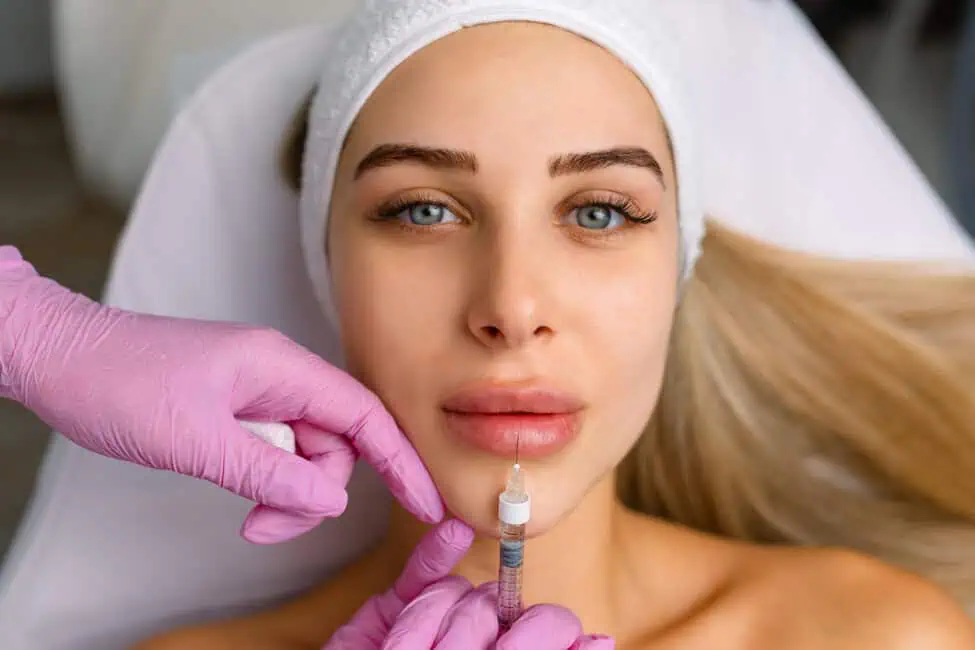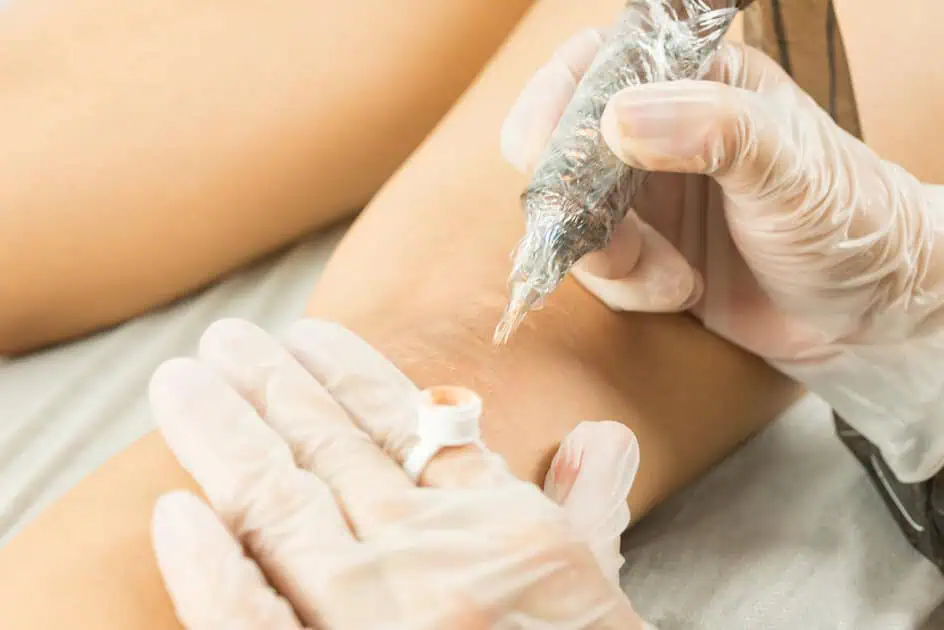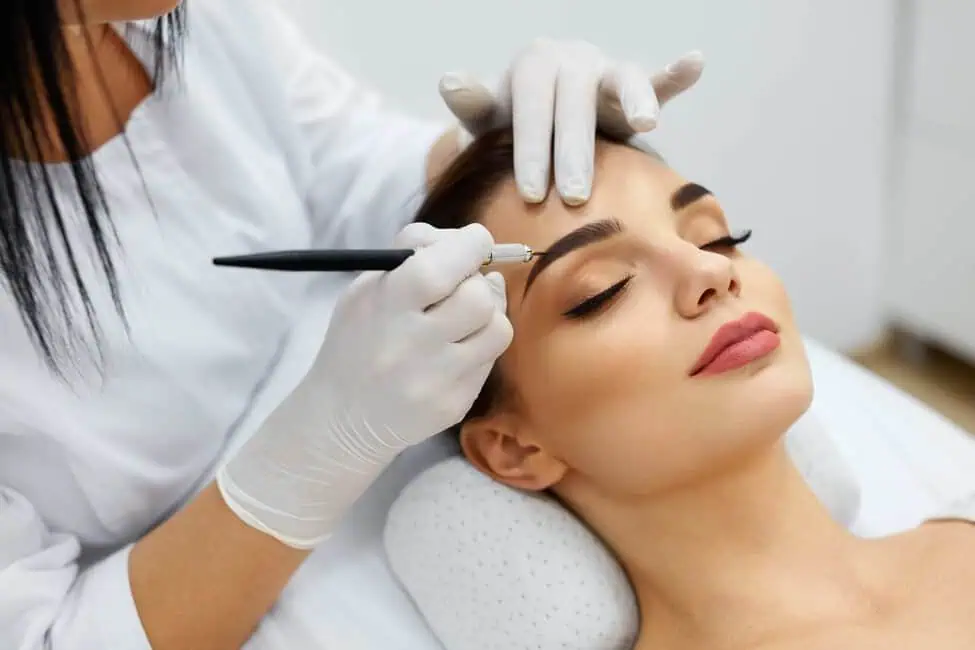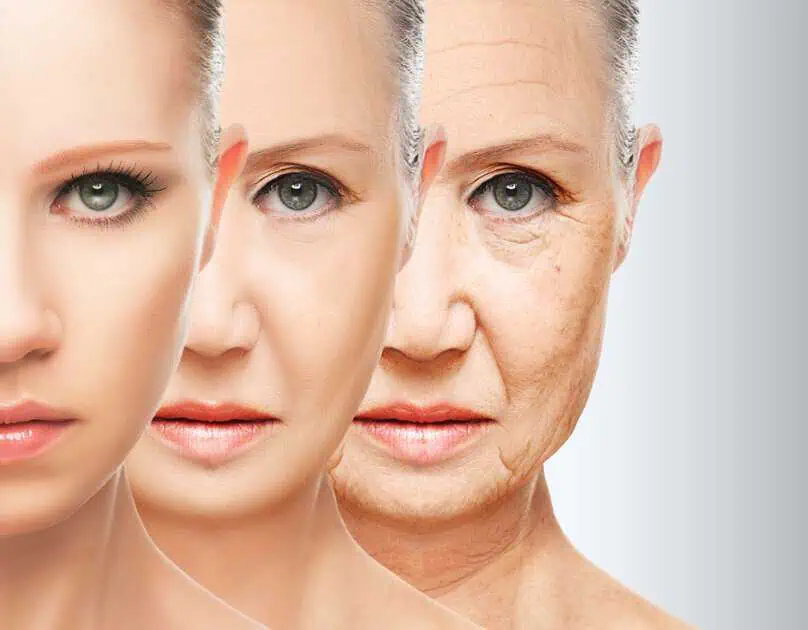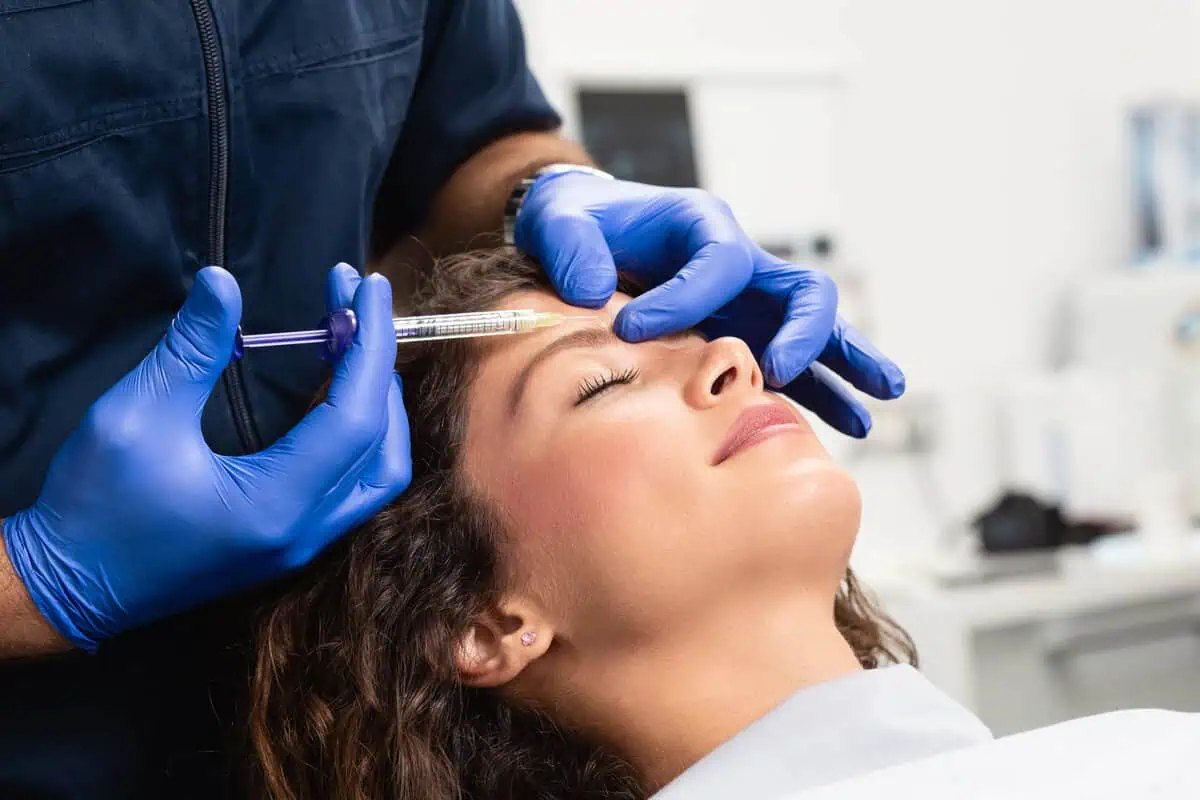Table of Contents
Hair loss can be a distressing experience for many individuals, affecting both men and women of various ages. Medical professionals often encounter patients seeking solutions for thinning hair or baldness. In this comprehensive guide, we’ll explore the question: Are there effective treatments for hair loss or thinning hair? Before considering any intervention, we’ll discuss various hair loss treatment options, their effectiveness, and what you need to know.
Understanding Hair Loss
Before delving into treatments, it’s essential to understand the basics of hair loss:
Common Causes of Hair Loss
- Genetics (androgenetic alopecia)
- Hormonal changes
- Medical conditions
- Medications
- Stress
- Nutritional deficiencies
Types of Hair Loss
- Pattern baldness
- Alopecia areata
- Telogen effluvium
- Traction alopecia
Understanding the underlying cause of your hair loss is crucial in determining the most appropriate treatment for hair loss.
Effective Hair Loss Treatments
Let’s explore some of the most common and effective hair loss treatments available today:
1. Medications
Two FDA-approved medications are widely used for treating hair loss:
Minoxidil
- Available over-the-counter
- Applied topically
- Suitable for both men and women
- Works by improving blood flow to hair follicles
Finasteride
- Prescription medication
- Taken orally
- Primarily used for male pattern baldness
- Works by blocking the conversion of testosterone to dihydrotestosterone (DHT)
These medications are often considered the best hair loss treatment options for many patients due to their proven efficacy and relatively low risk of side effects.
2. Hair Transplantation
For those seeking a more permanent solution, hair transplantation can be an effective option:
- Involves moving hair follicles from areas of dense growth to thinning areas
- Two main techniques: Follicular Unit Transplantation (FUT) and Follicular Unit Extraction (FUE)
- Results can look natural when performed by a skilled surgeon
- Requires careful patient selection and realistic expectations
3. Low-Level Laser Therapy (LLLT)
This non-invasive treatment uses light energy to stimulate hair growth:
- FDA-cleared for treating androgenetic alopecia
- Available in-office or as at-home devices
- May be used in conjunction with other treatments
- Results can vary, and long-term efficacy is still being studied
4. Platelet-Rich Plasma (PRP) Therapy
PRP therapy is an innovative treatment that uses the patient’s own blood to stimulate hair growth:
- Involves injecting concentrated platelets into the scalp
- May help improve hair count, thickness, and growth phase
- Often requires multiple sessions for optimal results
- Still considered an experimental treatment by some experts
Addressing Common Concerns
Does radiation treatment cause hair loss?
Yes, radiation treatment can cause hair loss, but it’s usually temporary. The extent and duration of hair loss depend on the dosage and area being treated. Hair typically begins to regrow within a few months after treatment ends, although in some cases, it may be permanent. If you’re undergoing radiation therapy and concerned about hair loss, discuss potential management strategies with your oncologist.
Which vitamin deficiency causes hair loss?
Several vitamin deficiencies can contribute to hair loss:
- Iron deficiency
- Vitamin D deficiency
- Vitamin B12 deficiency
- Biotin (Vitamin B7) deficiency
- Zinc deficiency
If you suspect a nutritional deficiency may be contributing to your hair loss, consult with your healthcare provider. They can order appropriate tests and recommend supplements if necessary. However, it’s important to note that while addressing nutritional deficiencies can help improve hair health, it may not be sufficient to treat significant hair loss on its own.
Practical Tips for Managing Hair Loss
In addition to medical treatments, there are several steps you can take to manage hair loss and promote overall hair health:
- Maintain a balanced diet rich in proteins, vitamins, and minerals
- Avoid harsh hair treatments and excessive heat styling
- Use gentle hair care products suitable for your hair type
- Manage stress through relaxation techniques or counseling
- Avoid tight hairstyles that can cause traction alopecia
- Consider using cosmetic options like hairpieces or scalp micropigmentation for immediate aesthetic improvement
When to Seek Professional Help ?
If you’re experiencing noticeable hair loss or thinning, it’s important to consult a healthcare professional. At Pen Plastic Surgery PC, we offer comprehensive evaluations to determine the underlying cause of your hair loss and develop a personalized treatment plan. Our experts can guide you through the various options and help you choose the most appropriate hair treatment for hair loss based on your individual needs and goals.
Conclusion
While hair loss can be challenging, there are indeed effective treatments available. From medications and hair transplantation to innovative therapies like PRP and LLLT, the field of hair restoration continues to evolve. The key to successful treatment lies in early intervention, accurate diagnosis, and a tailored approach.
If you’re concerned about hair loss or thinning hair, we encourage you to schedule a consultation with our team at Peninsula Plastic Surgery. Our experienced professionals can assess your condition, discuss your options, and help you take the first step towards restoring your hair and confidence.
Remember, everyone’s hair loss journey is unique, and what works for one person may not be the best solution for another. By working closely with a qualified healthcare provider, you can develop a comprehensive plan to address your hair loss concerns and achieve the best possible outcomes.

